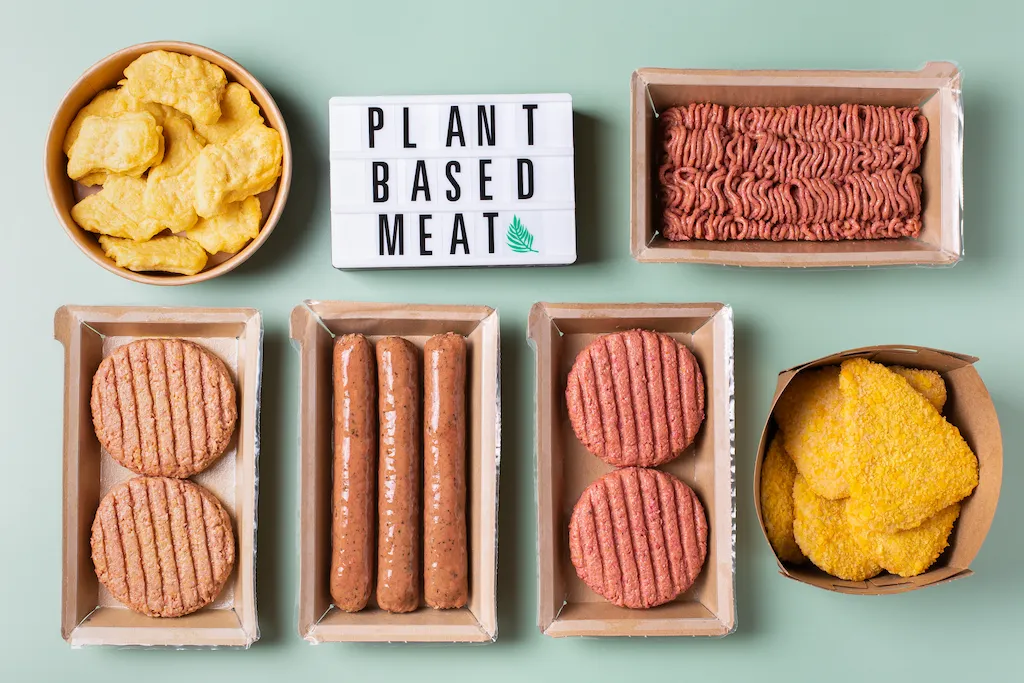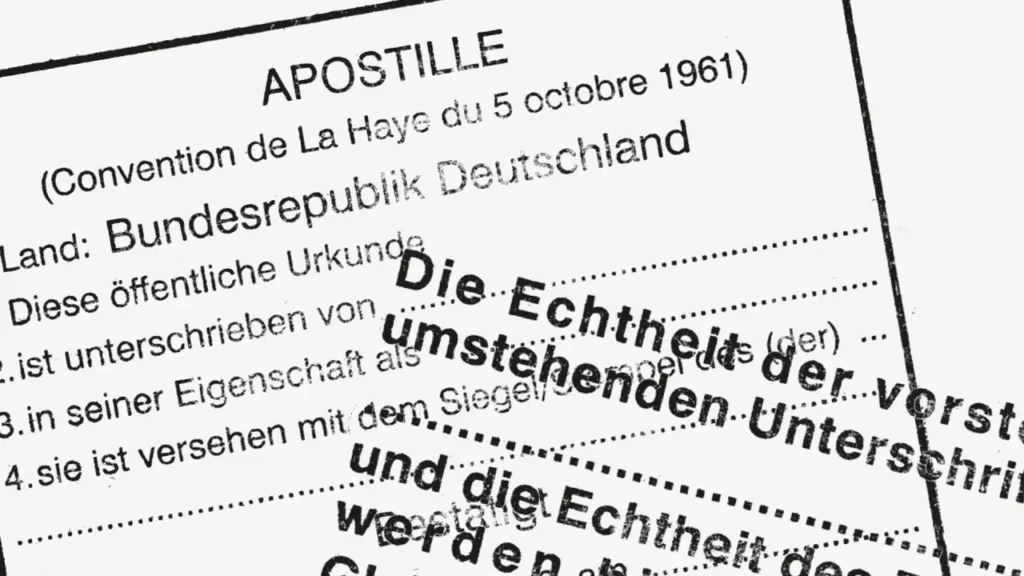
Fridge Facts
As a translator, you juggle meanings, connotations and linguistic conventions on a daily basis. A word is never “neutral,” because behind every term lies a story, an expectation, a cultural connotation. If the European Parliament now attempts to ban or restrict terms such as “vegan bratwurst,” “veggie schnitzel,” or “vegan burger,” this will affect not only the food industry, but the structure of language itself.
Specifically, according to the annex to the proposed amendment to EU Regulation No. 1308/2013, this concerns the following terms, which should only be used in relation to meat:
Beef, veal, pork, poultry, chicken, turkey, duck, goose, lamb, mutton, ovine, goat, drumstick, tenderloin, sirloin, flank, loin, ribs, shoulder, shank, chop, wing, breast, thigh, brisket, ribeye, T-bone, rump and bacon.
According to the supplementary draft by conservative French MP Céline Imart, the following terms should also be “protected”:
Steak, escalope, sausage, burger, hamburger, egg yolk and egg white.
Linguistic functions of “Veggie Labels”
But why do we say “vegan sausage” or “veggie burger”? Why don’t we call it “plant-based shredded product” instead of “vegan mince”? From a linguistic point of view, such terms serve more than one purpose.
1. Referential Function - The Images in your Head
When shopping, anyone who reads “veggie burger” immediately makes a connection to the concept of a “burger.” The term suggests a certain shape, texture and use (e.g., grilling, bun, patty). When you read “vegan schnitzel,” you picture a breaded patty in your mind’s eye, even if it contains plant-based ingredients. Without the connection to the familiar meat product, every alternative would have to be communicated anew (“plant-based patty with grain base”) – which would often be less catchy.
2. Labeling and Differentiation
Adjectives such as “vegan,” “vegetarian” or “plant-based” signal that the product does not contain meat. The combination (“vegan sausage”) is a typical dichotomy: the broad generic term plus the differentiating addition. This differentiation is lost when, for example, vegan cheese is referred to as “delicacy slices” and the accompanying images cannot be distinguished from milk-based cheese.
3. Marketing / Brand Communication
Such terms help products to become firmly established in the minds of target groups. Anyone who follows a vegetarian or vegan lifestyle immediately thinks of “veggie burgers” without needing lengthy explanations. Language economy, recognition, brand value — all of this depends on the label. In France, Beyond Meat also challenged the national ban there. The manufacturer of meat substitutes even has “meat” in its company name.
Legal Barriers: ECJ, Consumer Protection, and Naming Rights
As a translator, you understand that law and language are interdependent.
The EU Regulation on food labelling (Regulation (EU) No. 1169/2011) requires that information about food must not be misleading. Rather, it is about giving consumers the opportunity to make informed choices.
This means that if a label suggests that a product contains meat (when it does not), this could violate the prohibition of misleading advertising. It is questionable whether someone would feel deceived by a “vegan schnitzel” and only discover at home, to their disappointment, that it was neither made from actual vegans and nor contains any other meat.
In 2024, the ECJ clarified that a general national ban on meat-like terms for plant-based products is not permissible, provided that clear labeling is used. This had already been attempted in France. However, similar regulations for milk and dairy products have already been successful at the European level, which is why terms such as “milk,” “cheese,” and “yogurt” are now reserved for animal-based dairy products under EU law. As a result, plant-based alternatives must now be labeled as ‘drinks’ or “spreads.”
However, exceptions prove the rule here too: scouring milk, for example, called this way because of its milky appearance, and there seems to be no danger of accidentally pouring it into your coffee as a “scouring drink.” Coconut milk, which consists of grated fruit pulp, may also continue to be called milk. However, this fruit pulp of this fleshy fruit does not consist of meat, and the coconut is a stone fruit, not a nut. Sausage salad may also continue to prepared without a single leaf of lettuce. The legislator seems to have ruled out any confusion in these cases.
Consumer Education instead of Language Policing
From a linguistic point of view, the plan to ban certain terms is an encroachment on vocabulary. Language thrives on metaphors, transference and change. When regulation interferes with such processes, tensions and conflicts arise. The question arises as to who is allowed to define what is considered “wrong” or “inappropriate.” Who decides which metaphors are allowed? Is a sausage defined by its meat content, its shape, or the protective coating in which it is packaged?
Language resilience should not be underestimated either. Language usually finds a way around restrictions. When a term is officially banned, new expressions develop, perhaps closer to the original form. Maybe manufacturers will refer to it as “Bratvurst” in the future. The actual goal should be to educate consumers so that they do not accidentally reach for vegan mince when they wanted ground beef.

Push the Future

Small Businesses and Invoices

Vegan Language – It’s all about the Bratvurst

Accessible Texts – Leichte Sprache from a Translator’s Perspective

Between Deadlines and Diplomacy


Why localization is more than translation

60th Theodor Heuss Prize


The invisible danger: digital translation fraud

Planned revision of the JVEG

Freelancer visa in the UAE

Emigration to Dubai

Cuts and restrictions – Interpreters and Translators in Crisis

Building bridges at the Wilhelm Bock Prize

Funding Programs for Language Mediators in Healthcare

Inclusion in Education: ReSartus Enables International Exchange

The Future of Remote Interpreting – Virtual Conferences


Industry-specific challenges in the translation industry

The Role of AI in the Translation Industry

Hiiios – The video interpreting service by ReSartus

Emigrating from Germany

ReSartus supports the 43rd Erlangen Poetry Festival

Preparations for the COP 28 World Climate Conference

Push the Future

Small Businesses and Invoices

